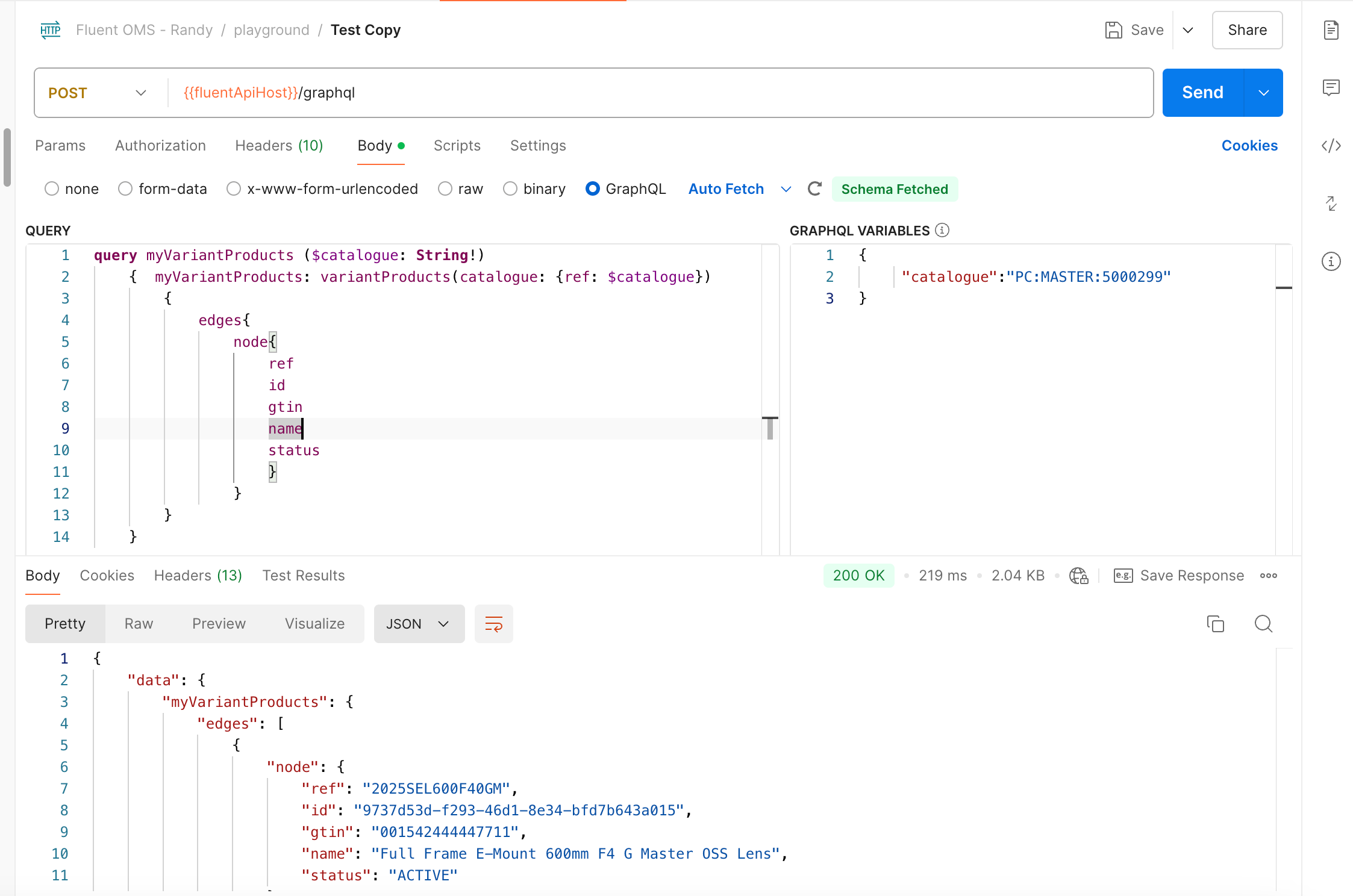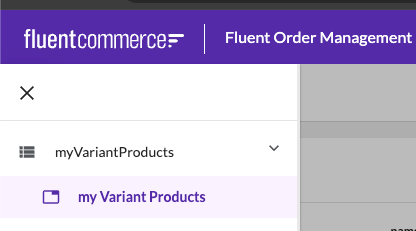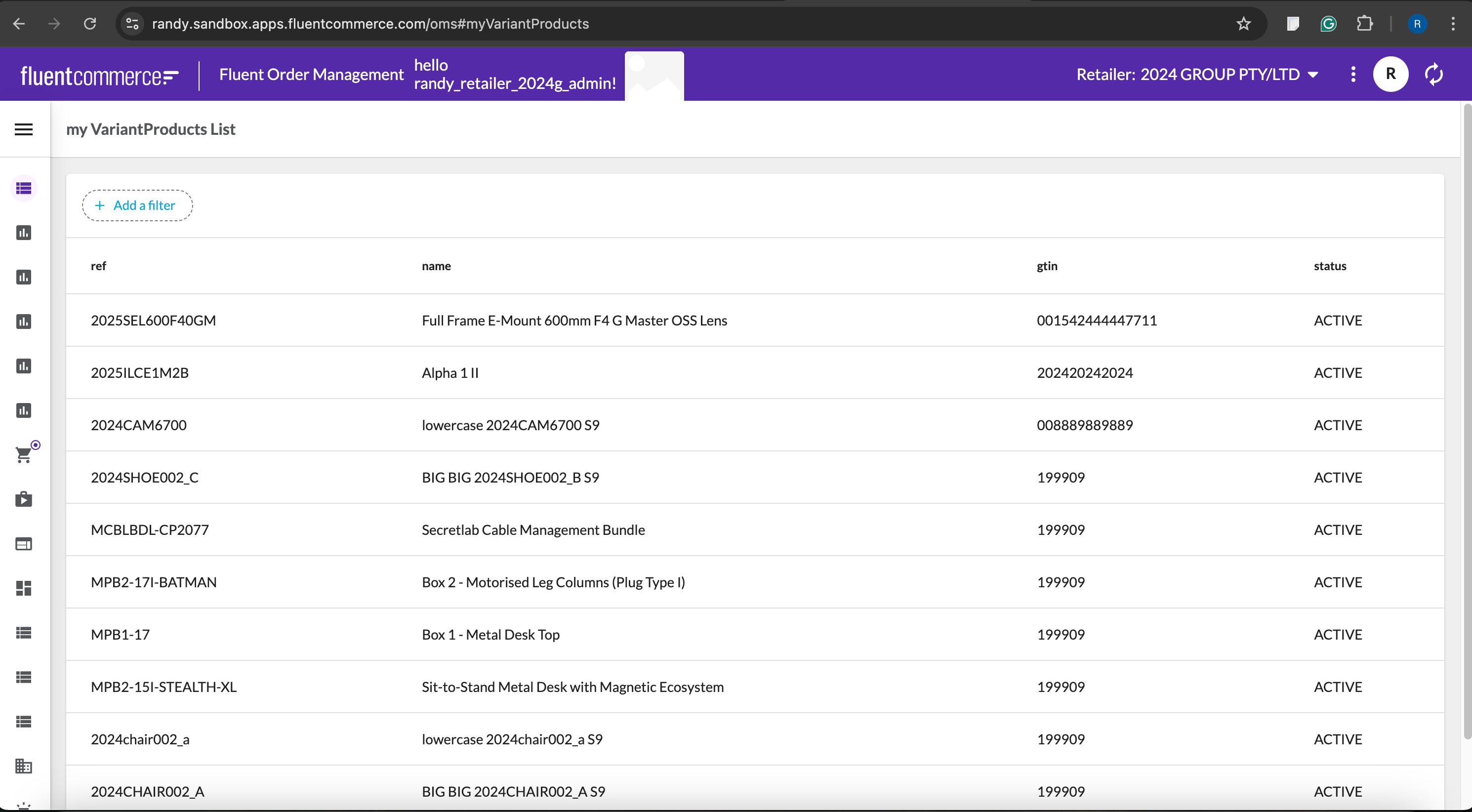Create a Simple List Page in OMS Webapp
Authors:
Randy Chan, Anita Gu
Changed on:
5 Sept 2025
Key Points
- A simple guide to creating an OMS webapp page from scratch
Steps
 What to Expect
What to Expect
- Build the GraphQL query and make sure it returns a result;
- Creating a new empty page;
- Configure the fc.list;
- Building a new manifest setting;
- Update language setting to display the labels;
- Add a new reference in the manifest route (left navigator panel);
 Step 1: Build the GraphQL query and make sure it returns a result
Step 1: Build the GraphQL query and make sure it returns a result

 Step 2: Creating a new empty page
Step 2: Creating a new empty page
 Step 3: Configure the fc.list
Step 3: Configure the fc.list
`fc.list` component in the Page's descendants section. Step 4: Building a new manifest setting
Step 4: Building a new manifest setting
`fc.mystique.manifest.oms.fragment.myVariantProducts`Context: ACCOUNTContext ID: 0Value Type: JSONJSON Value:

